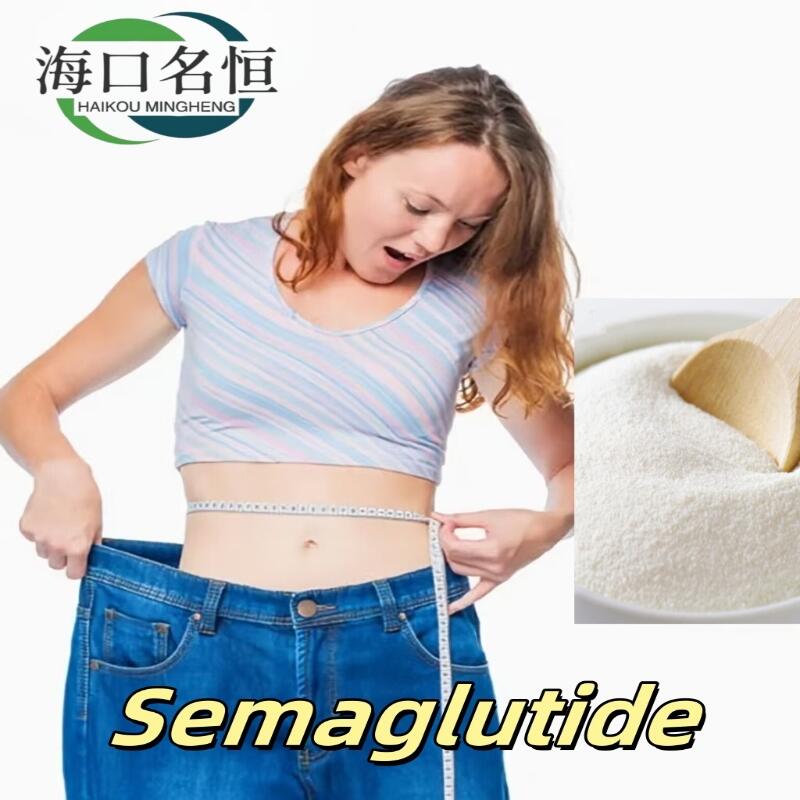Scientists invent a new method of using protein amyloid fiber as biomaterial
-
Last Update: 2015-06-24
-
Source: Internet
-
Author: User
Search more information of high quality chemicals, good prices and reliable suppliers, visit
www.echemi.com
On June 1, ACS Nano, a journal of nanoscience, published on-line the research results of Sarah Perrett's research group, Institute of Biophysics, Chinese Academy of Sciences, entitled environmentally active microgels from self assembling protein nanofibers for microflow chemistry, and developed a new method of applying protein starch like fibers to biological nanomaterials Amyloid fiber is a highly ordered fibrous aggregate formed by the spontaneous assembly of protein or polypeptide It is not only related to neurodegenerative diseases in mammals, but also involved in the normal physiological functions of organisms For many years, Kesha group has been devoted to the study of the formation and transmission mechanism of amyloid fibers At the same time, Kesha group also carried out the application research of starch like fiber as biomaterials, because starch like fiber as an orderly aggregation formed by spontaneous assembly of proteins, has good stability and morphological diversity, reflecting good characteristics of biomaterials As a micron sized three-dimensional network colloidal particle, microgel has unique and important application value In the field of biomedicine, microgels can be used as carriers for drug delivery and slow release, and can also be made into micro bioreactors, and can also be applied to tissue repair in medium However, at present, the preparation of microgels is mainly focused on the use of polymers formed by chemical organic molecules When applied to biomedicine, it is difficult to overcome the problems of biocompatibility and biodegradation In general, the preparation of gels from natural macromolecules in organisms can better simulate biological conditions or do not cause strong immune rejection In previous studies, Kesha group has used yeast amyloid protein Ure2 as a nano skeleton molecule to realize the efficient immobilization of active enzyme molecules on the surface of starch fiber Based on this study, the Ure2 technology combined with microfluidic technology has prepared a uniform microdroplet with active enzyme molecules, which is spontaneously assembled into droplets to form amyloid fibers Compared with the traditional microgel prepared from chemical organic molecules, protein microgels have better biomedical applications The research results were completed by the project team of Kesha and the project team of Tuomas Knowles, Department of chemistry, University of Cambridge, UK Zhou Xiaoming, doctoral student of Kesha project team, and ulyana shimanovich, postdoctoral student of the project team of Knowles, University of Cambridge, UK, were the co authors, and Wu Si, associate researcher of Kesha project team, was the participants Kesha is the co-author of the paper, and the Institute of Biophysics, Chinese Academy of Sciences is the first unit The research was supported by the 973 Program of NSFC and the Ministry of science and technology.
This article is an English version of an article which is originally in the Chinese language on echemi.com and is provided for information purposes only.
This website makes no representation or warranty of any kind, either expressed or implied, as to the accuracy, completeness ownership or reliability of
the article or any translations thereof. If you have any concerns or complaints relating to the article, please send an email, providing a detailed
description of the concern or complaint, to
service@echemi.com. A staff member will contact you within 5 working days. Once verified, infringing content
will be removed immediately.







